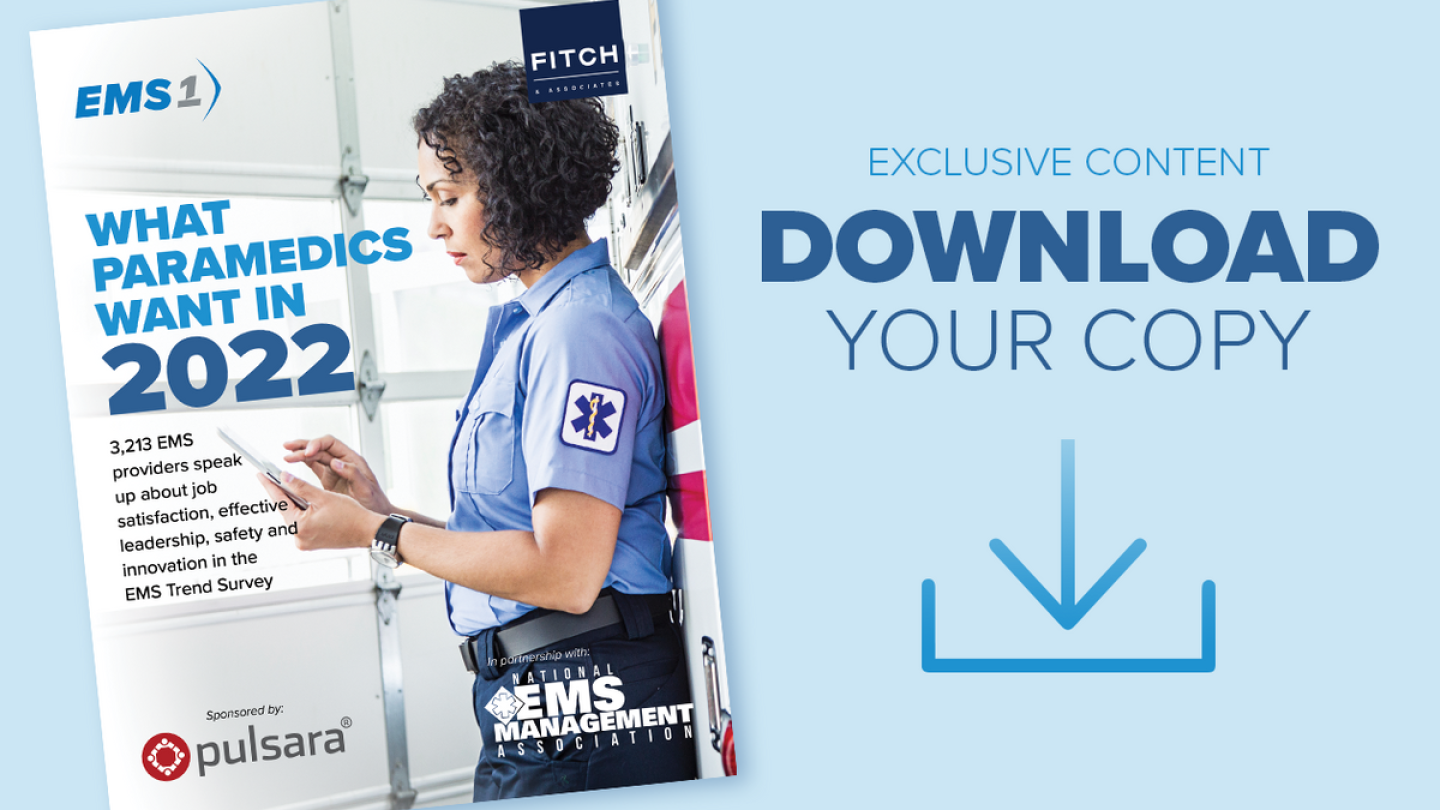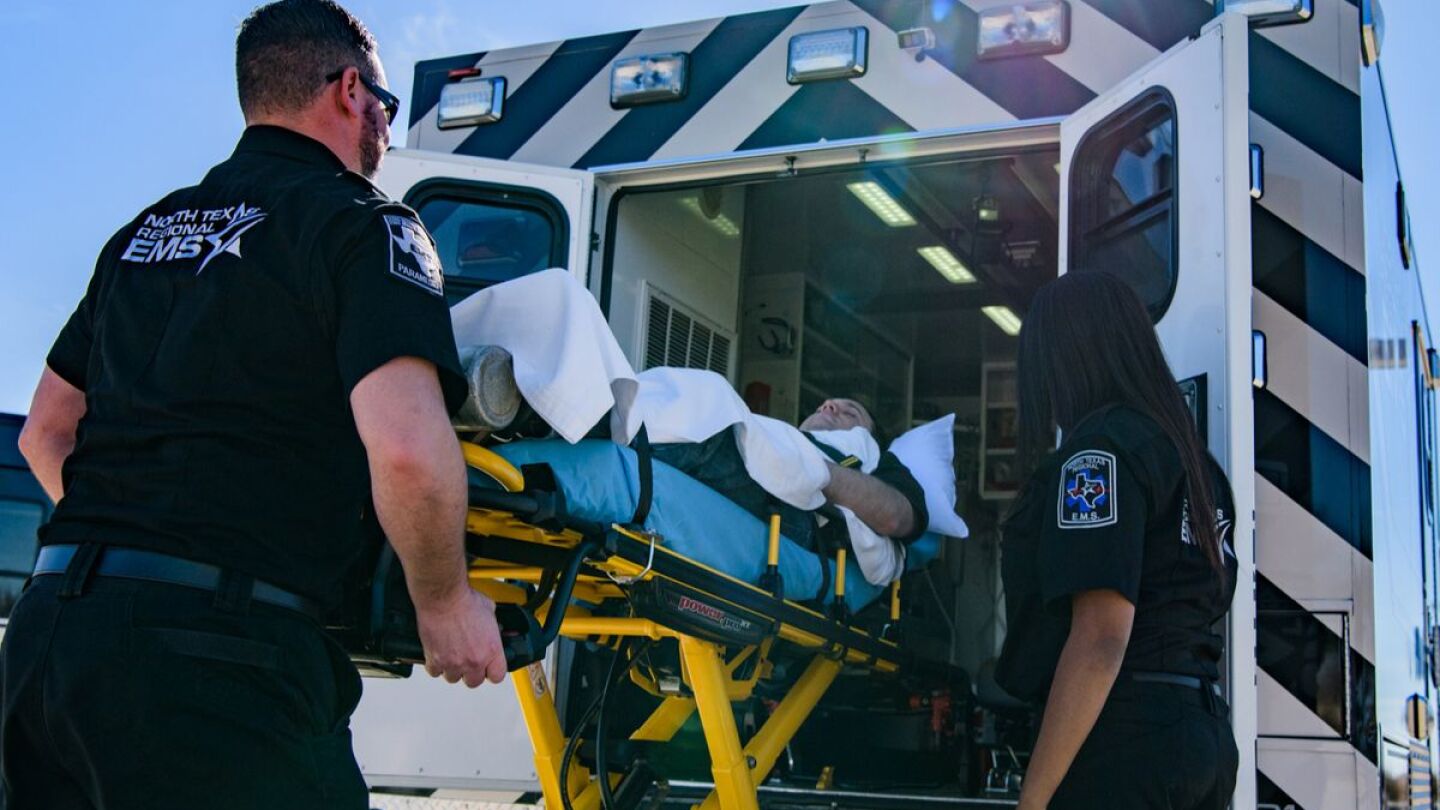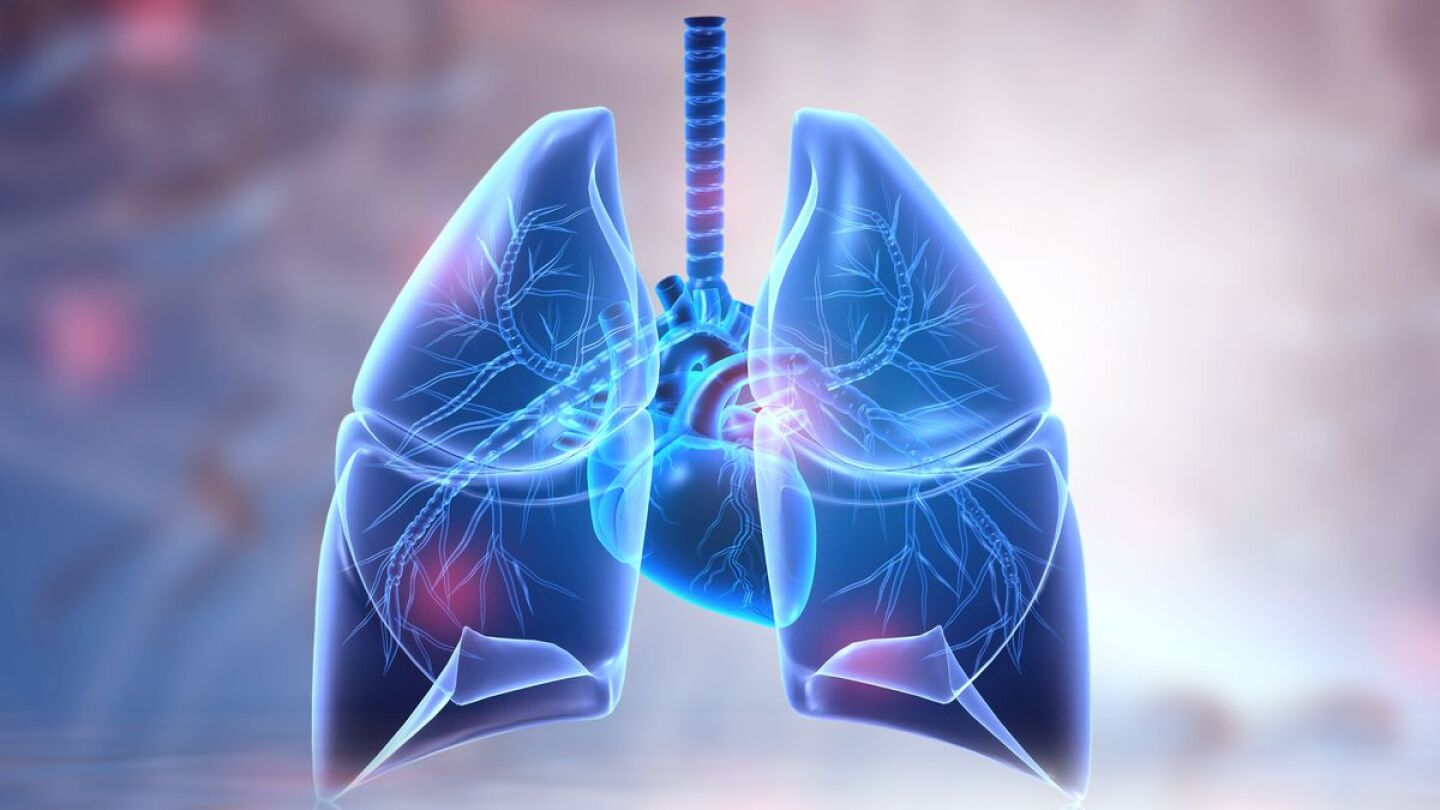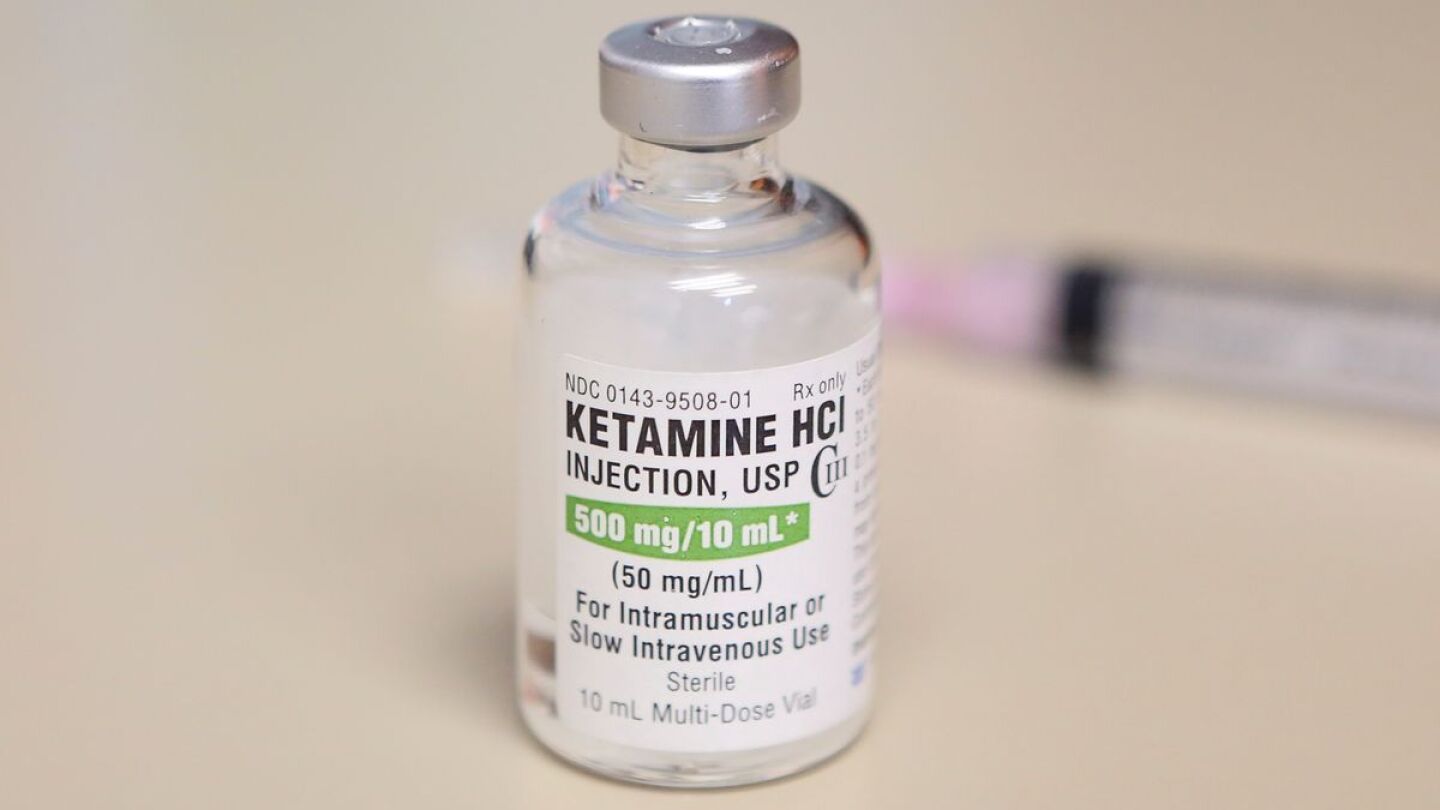Medical Monitoring
The Medical Monitoring topic contains news and information about medical monitoring, outlines the current trends and what the future may hold for EMS providers.
For new EMTs and paramedics there is nothing more important than improving your patient assessment skills; learn and follow these field proven tips
Day 1 of the Wisconsin EMS Association conference featured sessions on sepsis, electrolyte imbalances, facial trauma and traumatic amputations
For your reference: A pediatric vitals chart broken down by age range
Examining cardiac care in the absence of STEMI following ROSC
As an employer, the pressure is on to captivate the workforce and stand out in a competitive job market
Your main role on a fire scene is to keep firefighters safe, which may include telling them they aren’t safe to return to duty
Montgomery County Hospital District shares 3 years of results of a hyperkalemia treatment protocol
Always keep the patient’s context in mind in any situation when you’re utilizing waveform capnography
Learn how innovations are being made in treating respiratory emergencies
Even interfacility transports provide an opportunity to improve your clinical acumen and advancement opportunities
City council members will vote on a 2-year ban on all chemical sedatives used to restrain patients as well as any new sedatives for medical purposes
Protect patients from over-ventilation and pulmonary injury with a bag-valve-mask that helps regulate rate and volume
3,213 EMS providers speak up about job satisfaction, effective leadership, safety and innovation in the EMS Trend Survey
TBI risk factors, managing patient refusals and oxygenation tips for treating head injuries
In this episode, our co-hosts are joined by Eko Health Chief Medical Officer Dr. Adam Saltman who discusses best practices for using a stethoscope
The decision to treat on scene or transport should depend on the training and abilities of the responders, not on the equipment at hand
The position statements summarize recommendations for training, quality management, pediatric considerations and more
Drs. Antevy, Piehl, Spiro, Scheppke, Bernstein and Kupas discuss ketamine and other sedatives, and how to minimize risk when administering
Clinically significant bradycardia: think about causes before you treat
Eligible regional activities under AFG are Vehicle Acquisition, Training, Equipment, Wellness and Fitness, and PPE activities
If your warmer can’t manage high flow rates and is the “weak link” in your treatment, then it’s time to get a blood/fluid warmer that can
Drs. Antevy, Piehl and Spiro evaluate EMS video of a patient receiving whole blood and a finger thoracostomy
Kelly Grayson shares how the digital amplification option from Eko stands up to rig noise and abuse
Should healthcare professionals lose their jobs if they refuse a COVID-19 vaccine?
Keep these considerations in mind, and you can be confident in a choice the end users will be pleased with
Vodcast: Drs. Peter Antevy, Mark Piehl and David Spiro discuss multi-system inflammatory syndrome in children and the newest PALS guidelines
The UCSF physician team discusses how to best treat our stoke patients in the pre-hospital setting
Shattering assumptions with a case study roundup
Learn the risk factors, symptoms and factors that impact heat-related illness
Reviewing the pediatric evidence for stay and play or load and go
In this episode, our co-hosts tackle the topic of congestive heart failure from presenting symptoms, to medications used to manage and standard treatment options


































